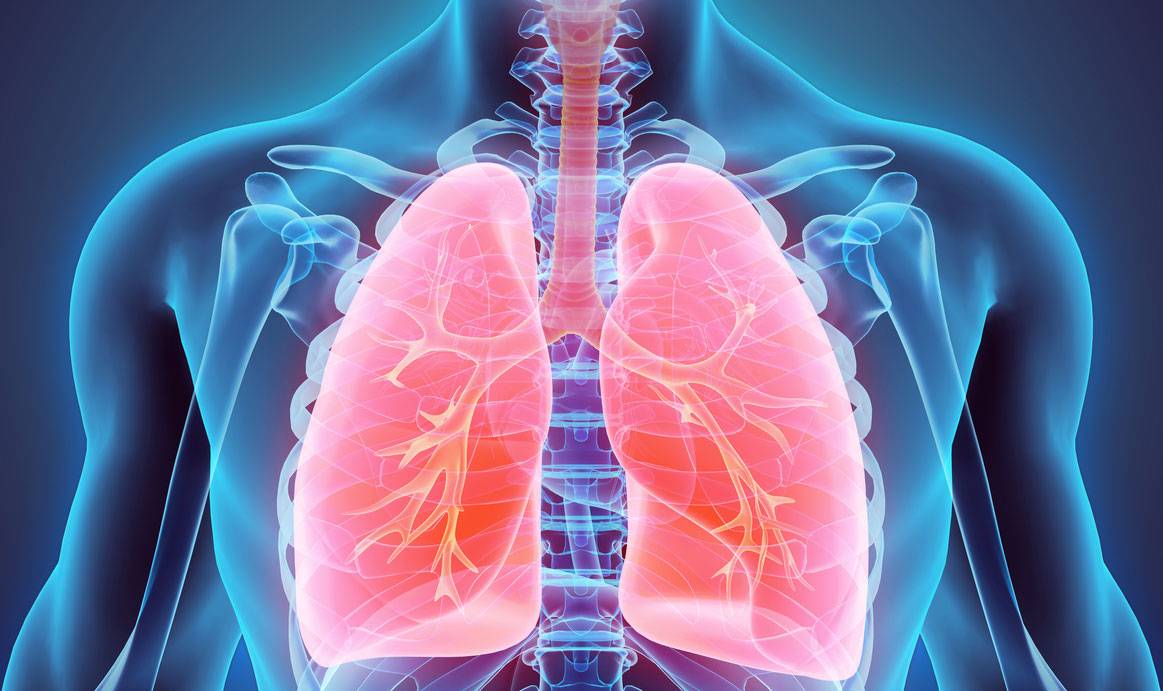Complications Associated With Sickle Cell Anemia
Gallstones

Another complication associated with sickle cell anemia is the development of gallstones, which occur when certain substances harden in the gallbladder. A healthy gallbladder is responsible for storing and releasing a compound that aids in digestion, called bile. Bile is produced in the liver and travels via the bile duct to the gallbladder. In individuals who have sickle cell anemia, most gallstones are formed from an excess of bilirubin. Bilirubin is a compound in bile that is a byproduct of the process the liver uses to breakdown old red blood cells. The body has no use for it after the process is complete, and it is excreted by the body through the stool. In individuals with sickle cell anemia, there is an excess of red blood cell breakdown, which creates excessive amounts of bilirubin, which is then stored in the gallbladder and attempts to follow the normal process of excretion. However, it ends up sitting in the gallbladder longer than normal. This happens because the body cannot keep up with the liver's bilirubin production. Gallstones then form in the gallbladder from the bilirubin.
Learn more about the complications associated with sickle cell anemia now.
Pulmonary Hypertension

Pulmonary hypertension is a common complication seen in patients who have sickle cell anemia. It can be described as high blood pressure inside of the arteries that supply the lungs with blood. This results in the hardening and narrowing of the pulmonary arteries or the blood vessels that carry blood to the lungs from the heart. As a result, the heart has to work harder at pumping to send the correct amount of blood to the lungs. This happens more often in sickle cell anemia patients because of the impairment caused to their blood circulation. When red blood cells are broken down in the blood vessels excessively, levels of nitric oxide decrease and inflammation is increased. Nitric oxide is a substance that relaxes the blood vessels in order for the blood to flow easier. Low nitric oxide levels and excessive inflammation stimulate the small arteries of the lungs to constrict, and this mechanism causes pulmonary hypertension to occur. It is important for pulmonary hypertension to be caught early because if it goes untreated, it can easily result in heart failure for sickle cell anemia patients.
Get the details on the next complication of sickle cell anemia now.
